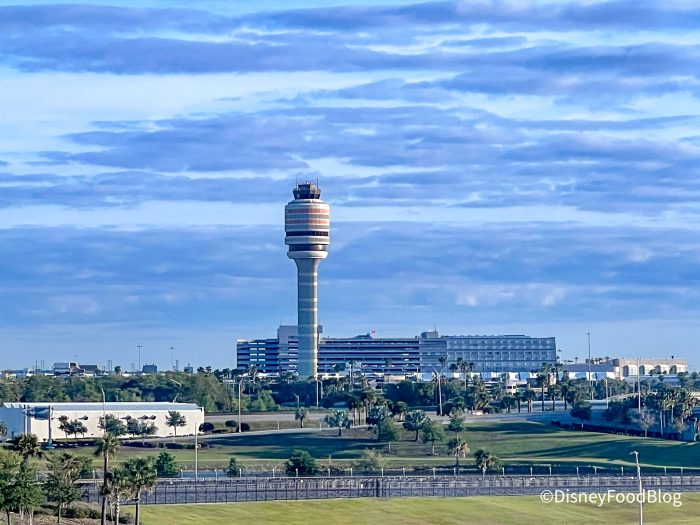Are you going to be traveling this summer?
There’s a lot that goes into preparing for your trip like getting the right hotel for you and the family, scoring the best prices on airfare, and making the reservations for the restaurants y’all with nosh at! But now, there’s another thing that could seriously wreck your plans. We’re talking about travel scams! Let’s get into it!
Yes, you read that right. Over the past year and a half, there’s been a MASSIVE spike in travel scams (phishing scams) from 500 to 900%! What is the deal?! Well, according to BBC, Booking.com’s internet safety boss Marnie Wilking is pointing the finger squarely at Artificial Intelligence (AI) as the culprit.
Now, phishing isn’t exactly the new kid on the block. It’s been around since the dawn of email. There have been an untold number of people who have been tricked into handing over their precious financial details. But here’s the real kicker: now with AI in the mix, these phishing scams are more convincing than ever. Gone are the days of easily spotting a scam email that was riddled with typos and awkward grammar. Today’s phishing emails look incredibly legit, with realistic images and perfect text even in multiple languages.
So, what are these scammers up to? They’re crafting fake booking links that look just like the real deal. This is especially bad for platforms like Booking.com and Airbnb since people can list their own rentals. Imagine this: you think you’re booking a cute Parisian flat, but the next thing you know, you’re out of hundreds of dollars and stuck sleeping on a park bench instead of having the perfect Eiffel Tower view you planned for.
It’s not all gloom and doom when it comes to AI though. Booking.com is fighting fire with fire and using AI models to take down fake listings before you can even click “book.” Still, that doesn’t mean that “we” as travelers are off the hook.
Here are some tips on what you can do to help protect yourself:
- Two-factor authentication needs to be your BFF: If the booking site offers it, you should enable it. This adds an extra security step which makes it harder for scammers to steal your info.
- Be a link detective: Don’t just click on anything that’s in your inbox. Make it a habit of yours to hover over links to see the real URL before clicking. If it looks fishy, don’t trust it!
- Do your own research: Scour the internet for reviews, check out the contact info on websites (most legit businesses will have a phone number), and consider booking packages instead of piecing deals together separately.
- Pay with a credit card: You’ll tend to have the most amount of protection if you can pay with a credit card since most offer some form of fraud protection.
Remember, a little bit of vigilance can go a long way. Be smart and keep these tips in mind when you’re working on your travel plans.
Looking for more recent travel news? Check out our posts below!
More Recent Travel News!
- BEWARE: New Report Shows Travel SCAMS Are Up by 900%

- ALERT! Southwest Airlines Is Running a HUGE Deal on Flights to Disney World!
- How Could the American Airlines Strike Impact Summer Travel?
- It Takes 7 Seconds To Enter To Win $12,000 Worth of FREE FLIGHTS!
- Southwest Airlines Incident Under Investigation After Plane Goes Into Unexpected Dutch Roll
Be sure to stay tuned to DFB for all the latest airline news.
Join the DFB Newsletter to get all the breaking news right in your inbox! Click here to Subscribe!
Will you be traveling this summer? Let us know in the comments!
The post BEWARE: New Report Shows Travel SCAMS Are Up by 900% 😱 first appeared on the disney food blog.







